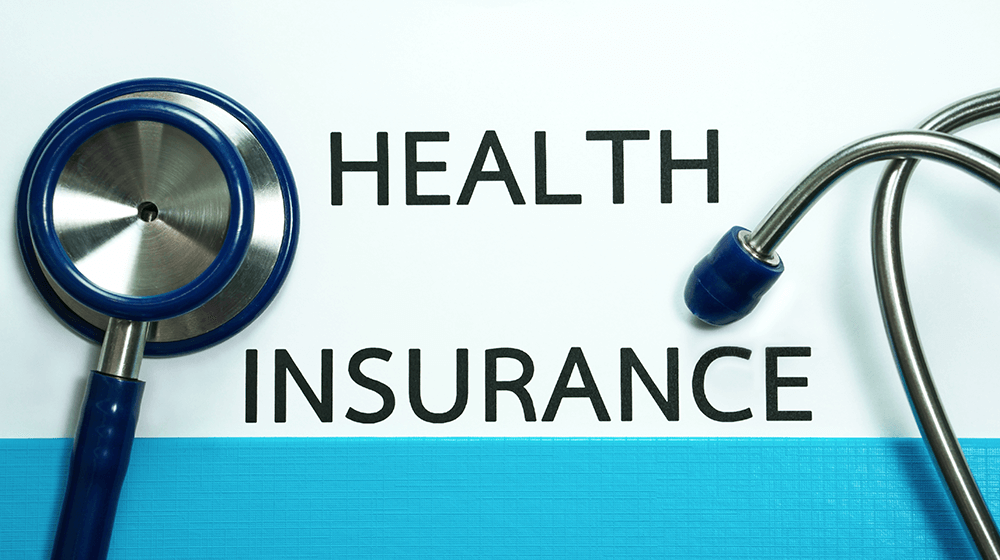Illnesses such as cancer, heart disease, or kidney failure do not just affect health; they often create long-lasting financial stress. For parents, this burden is heavier, as they must think not only about treatment but also about protecting their children’s education, lifestyle, and future. Understanding the economic consequences of serious conditions makes it clear why parents should prepare in advance.
Financial Impact of Critical Illness
The financial consequences of a critical illness go far beyond immediate hospital bills. Families may find their budgets stretched in ways they had not anticipated. Medical inflation in India continues to rise, and advanced treatments can cost several lakh rupees, making them difficult to manage without proper planning. Some of the key financial pressures include:
- Loss of income: Long treatment periods may mean reduced or no earnings, particularly when the primary earner is affected.
- High treatment costs: Advanced surgeries, therapies, and ongoing medication quickly add up, especially for conditions like cancer or cardiac disease.
- Lifestyle changes: Spending on rehabilitation, nutrition, or specialised equipment further increases the financial load.
- Future uncertainty: Plans for children’s education, home ownership, or retirement can get delayed or cancelled.
These examples show how a critical illness can shake a family’s stability, leaving parents with difficult choices between health needs and long-term goals.
Why Parents Need Protection?
Parents have dual responsibilities: caring for their own health and ensuring their children’s futures remain secure. A serious diagnosis can compromise both if financial safeguards are not in place. Unlike individuals without dependents, parents must think about commitments such as school fees, extracurricular activities, and higher education plans for their children.
When protection is available, families can continue with essential commitments such as loan repayments, tuition expenses, and household costs. More importantly, it allows parents to focus on recovery rather than financial stress, giving them confidence that their children’s stability is not at risk.
Role of a Health Insurance Policy
A strong health insurance policy from a reliable insurer like the Bajaj Allianz General Insurance Company can reduce the immediate burden by covering hospitalisation and treatment. However, parents must look closely at the details to see how well it supports them. Key aspects to consider include:
- Coverage limits: Whether the insured amount is sufficient for advanced treatments.
- Inclusions and exclusions: Understanding conditions covered and waiting periods that apply.
- Cashless facilities: Access to hospitals in the insurer’s network, which reduces out-of-pocket expenses.
- Add-ons: Benefits such as daily hospital cash, personal accident cover, or room rent upgrades.
By reviewing these points, parents can see where standard cover is useful and where gaps might exist, particularly in relation to income loss and long-term expenses.
How Critical Illness Insurance Adds Value?
While regular health cover is designed to meet hospital and treatment expenses, critical illness insurance provides a lump sum payout upon diagnosis of specific serious conditions. This amount offers families the flexibility to manage different financial needs during recovery. Key advantages include:
- Flexible usage: The payout can be used at the policyholder’s discretion, helping to manage both medical and other financial commitments.
- Support beyond hospital bills: Rehabilitation, therapy, or lifestyle adjustments related to recovery can be met using the benefit.
- Shield against rising costs: A lump sum helps families cope with the increasing expenses of advanced medical care.
- Choice of coverage level: Parents can select a cover amount that reflects their income, lifestyle, and long-term responsibilities.
By complementing a health insurance policy, critical illness rider protection creates a broader financial safety net, ensuring families can focus on recovery without compromising their future security.
Practical Steps Parents Can Take
Parents can make small but decisive moves today to prepare for unforeseen health challenges. The key is to combine different strategies that balance immediate and future needs. Some useful steps include:
- Reviewing existing policies: Check whether current plans offer enough coverage for major medical conditions.
- Exploring critical illness cover: Add a policy that provides lump sum protection against life-threatening diseases.
- Building an emergency fund: Maintain easily accessible savings to meet sudden expenses not covered by insurance.
- Planning for children’s needs: Allocate part of the savings towards education and ensure continuity through protection.
- Seeking expert advice: Financial advisors can help assess individual needs and recommend appropriate cover.
By adopting these steps, parents create a safety net that balances both immediate medical requirements and long-term financial stability.
Conclusion
The financial impact of a serious illness can destabilise any family, but for parents, the risks are even greater. Balancing treatment costs with future responsibilities requires careful planning. A well-chosen health insurance policy, combined with a targeted critical illness insurance rider, provides both medical support and income protection. This preparation ensures that children’s needs remain secure, while parents focus on recovery and resilience.
You may also like
-
Art Therapy Powerful Pathways to Stress and Addiction Relief
-
How a Cardiac Test Helps Diagnose Silent Heart Conditions
-
Innovations in Fat Grafting Using the Toledo V Injection Cannula
-
Understanding Surgical Oncology- Comprehensive guide to Cancer Surgery
-
Top 5 Online Counselling Platforms in Malayalam

